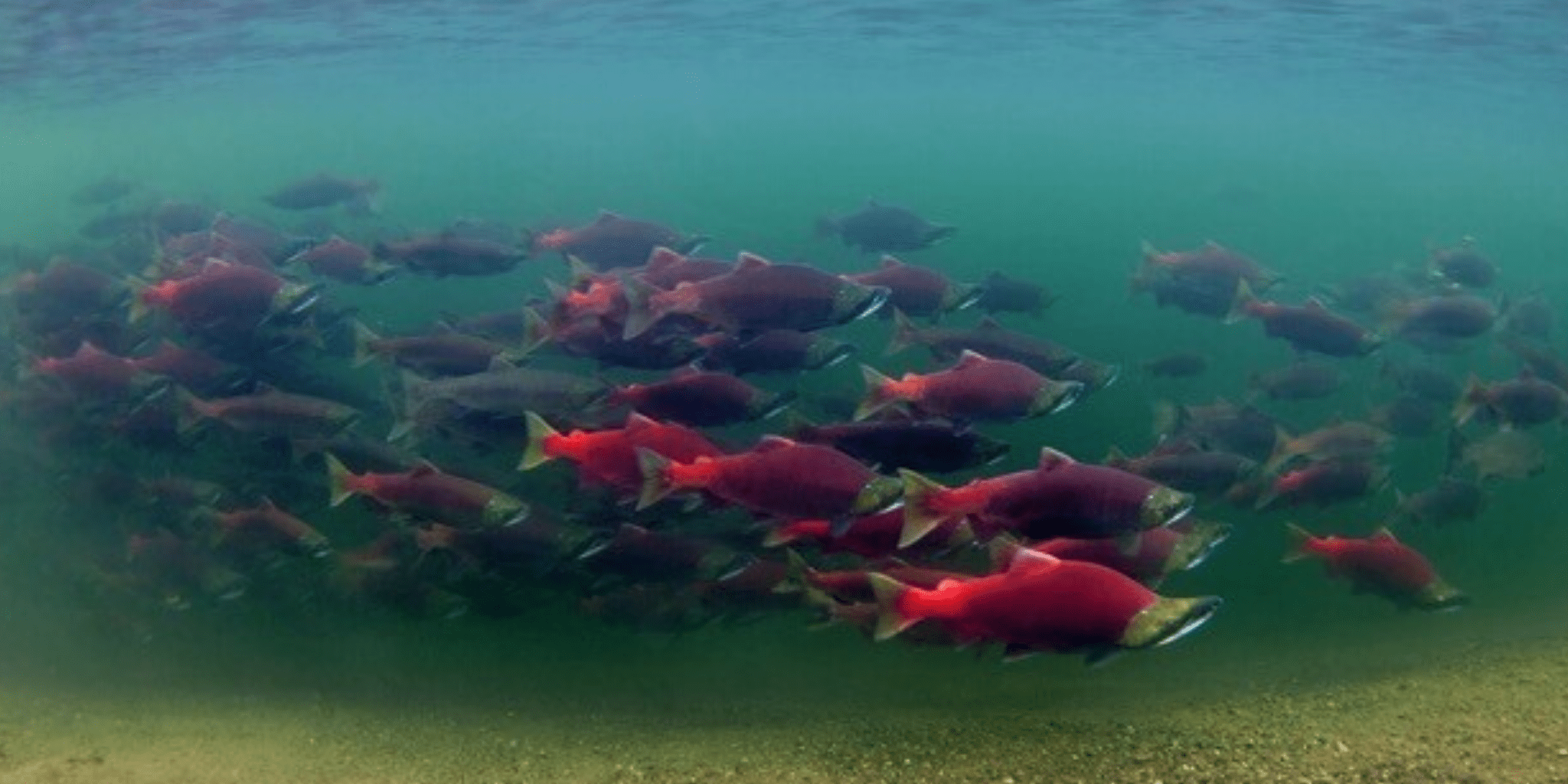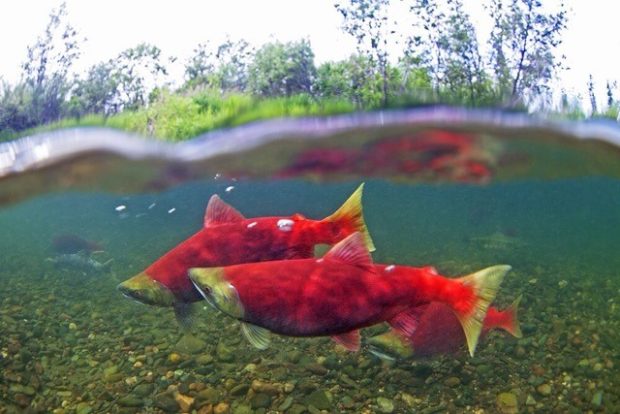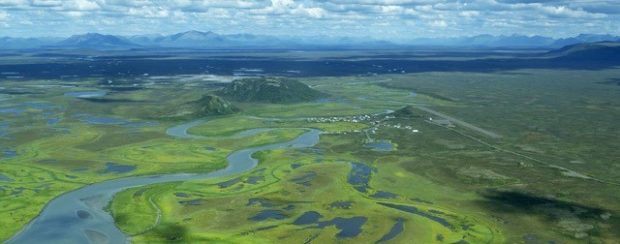We have much more to do and your continued support is needed now more than ever.
Save What You Love: Filmmaker Mark Titus Focuses His Lens on Endangered Wild Salmon Runs

“Once we were so many we couldn’t be counted.”
This takeaway message in the 2014 documentary feature, The Breach, is a poignant reminder when we consider collapsing salmon runs in the Columbia River basin today.
Once, there were so many salmon: abundant, countless and an iconic species of the Pacific Northwest. Now, sockeye and chinook are among 13 species of the Columbia River basin that are in danger of extinction. If we drift up the Columbia to the lower Snake River in Washington State and into the tributaries that stretch into Idaho, the salmon story takes its most dramatic change of course. Over the last 40 years, legendary wild salmon runs have dropped by 90 percent. This last July ushered in historic lows; so low, you could count sockeye salmon returning to their native spawning grounds on two hands.

The story of wild salmon—and their rapid demise up and down the West Coast, from California to Alaska—stirred filmmaker Mark Titus to action. A fishing guide and a Pacific Northwest native with a filmmaking degree, Mark launched into his first documentary feature project, The Breach, on plummeting salmon populations over ten years ago. After embarking on a journey that takes us to the abundant salmon runs in the Pacific Northwest, across to the European Atlantic coasts, where they have been decimated, we travel back north to Alaska, where they are still untouched and fantastically abundant.
With the 2019 release of The Wild, Titus has trained his lens on Bristol Bay. Here, potential tragedy looms large. A hard-won battle against the proposed Pebble Mine, one of the world’s last, untouched salmon spawning grounds, is flaring up again under the Trump administration. The scope and scale of the potential disaster risks here in pristine Bristol Bay haunts local residents, conservationists, and the filmmaker.

Titus states the force that drives his mission: “By suddenly dismantling safeguards the EPA had enacted to protect the salmon, water and people of Bristol Bay – the current political regime in the United States has unilaterally revived a mining corporation’s relentless pursuit to build North America’s largest open-pit copper mine – directly in the headwaters of the most prodigious wild sockeye salmon run in the world.”
Over the centuries, wild salmon runs around the world have by and large completely disappeared. Today, wild salmon are so scarce that we can hardly remember how abundant they once were: so abundant that they couldn’t even be counted.
Titus reveals the story of salmon with a cast of “guardians,” from world-renowned environmentalists, conservationists, and tribal leaders to successful PNW restaurateurs, all committed to safeguarding the unspoiled waters that currently provide half the world’s sockeye salmon.
“I still believe it’s possible to save the things we love,” Titus explains. “Wild salmon will continue to show us how. If we let them.”





















